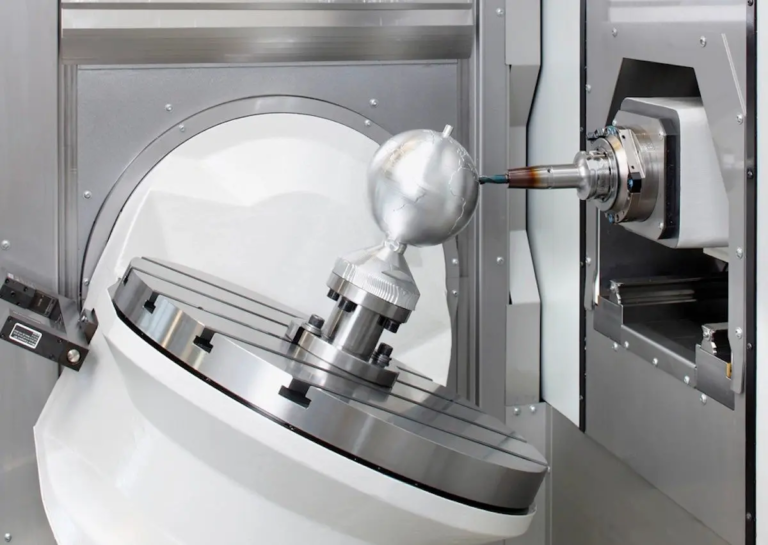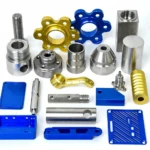Master CNC machining: Top schools get you started
The world of CNC machining is evolving, and advances in technology and software make it accessible and efficient to professionals and amateurs. If you want to enter the world of CNC processing, education is key. Here we will take a look at some of the top schools and courses that can help you master the art of CNC machining.
1. University of California, Berkeley
The University of California, Berkeley is one of the highest ranked universities in the world and is known for its mechanical engineering programs. Their mechanical engineering department offers a bachelor’s degree in mechanical engineering, which includes a focus on CNC machining and manufacturing engineering. The university is also home to the Berkeley Center for Design Innovation, which provides students with the latest facilities and resources for students to work on projects.
2. Massachusetts Institute of Technology (MIT)
MIT is one of the most prestigious institutions in the world, and its mechanical engineering department is no exception. The program offers a bachelor’s degree in mechanical engineering, which includes courses on CNC machining, computer-aided design (CAD) and computer-aided manufacturing (CAM). MIT is also known for its cutting-edge research and industry partnerships, providing students with opportunities to pursue real-world projects.
3. Purdue University
Purdue University in Indiana is another highly respected institution when it comes to CNC machining. The School of Mechanical Engineering offers a Bachelor of Science degree in Mechanical Engineering, which includes courses on CNC machining, manufacturing systems and engineering practice. Purdue University is also known for its strong industry connections, providing students with opportunities for internships and jobs.
4. University of Michigan
The University of Michigan is a top-notch institution in CNC processing education. The School of Engineering offers a Bachelor of Science in Mechanical Engineering, which includes courses on CNC machining, CAD and CAM. The university is also home to the mechanical workshop of the Department of Mechanical Engineering, which provides students with hands-on experience using CNC equipment.
5. Georgia Institute of Technology
Georgia Tech is the highest-ranked institution in the United States and is home to the Wallace H. Coulter Department of Biomedical Engineering. The department offers a bachelor’s degree in biomedical engineering, which includes courses on CNC machining, engineering design and medical device development. Georgia Tech is also known for its strong industry connections, providing students with opportunities for internships and jobs.
in conclusion
These five institutions are just examples of many top schools and programs available for CNC processing education. Whether you are a beginner or an experienced professional, these programs can provide the skills and knowledge you need to succeed in the CNC machining world. Remember to thoroughly study factors such as location, planning courses, and industry connections when choosing the best plan for your needs.
FAQ
What is CNC machining?
CNC machining, also known as computer numerical control machining, is a manufacturing process that uses computer-controlled machine tools and accessories to create custom parts and products. It is commonly used in industries such as aviation, automotive and biomedical.What is the difference between CNC machining and 3D printing?
Both CNC machining and 3D printing are used for custom manufacturing, but they work in different ways. CNC machining uses physical paths to create parts, while 3D printing uses molten materials to create parts.Can I learn CNC processing by myself?
Yes, there are many online resources and tutorials to help you learn CNC machining, such as online courses, forums and tutorials. However, hands-on experience is recommended under the guidance of an experienced coach or professional.- What is the work prospect of CNC mechanics?
The job prospects for CNC mechanics are generally positive, with the Bureau of Labor Statistics predicting a 5% increase in employment opportunities between 2020 and 2030. Experienced CNC mechanics can work in a variety of industries including aerospace, automotive, and biomedicine.



















